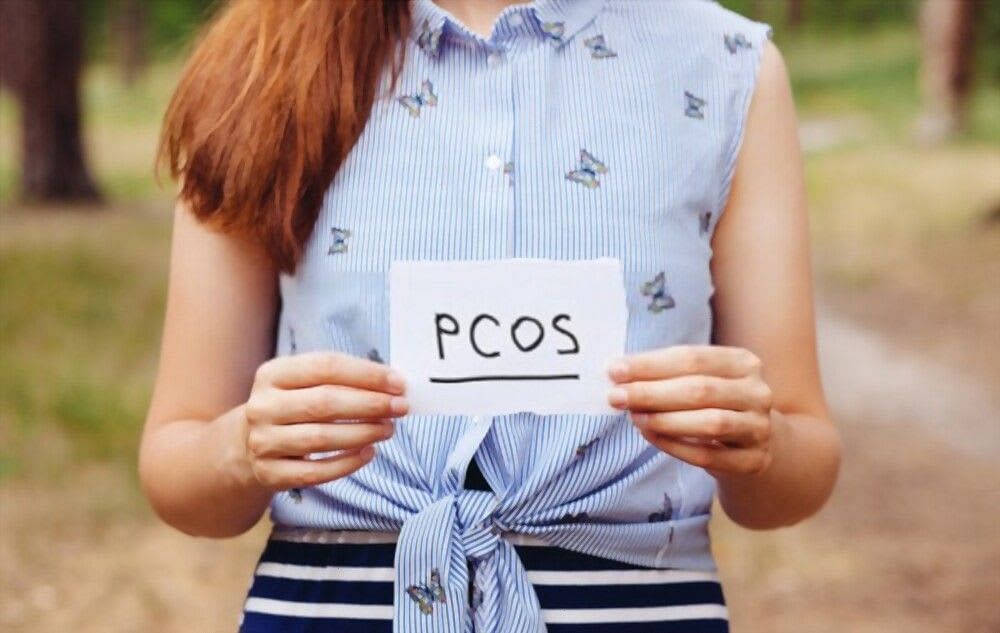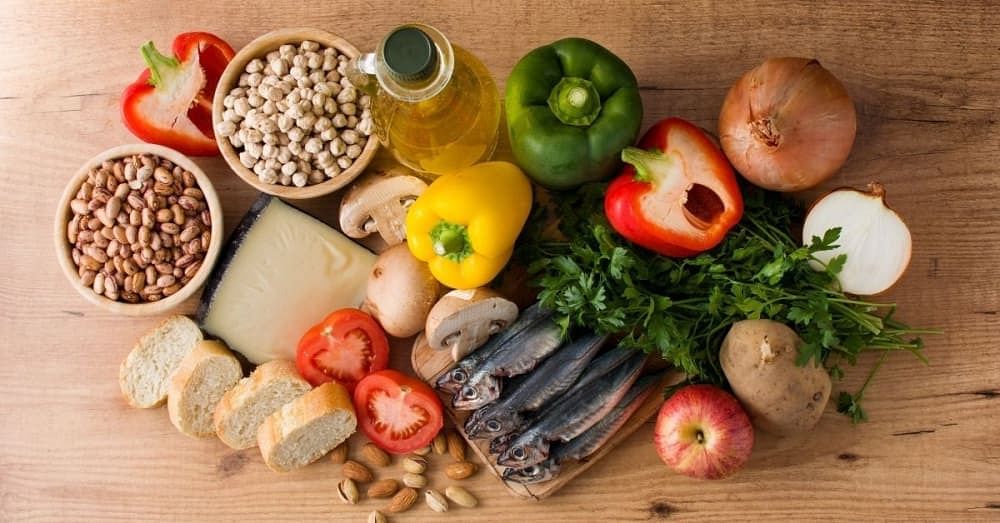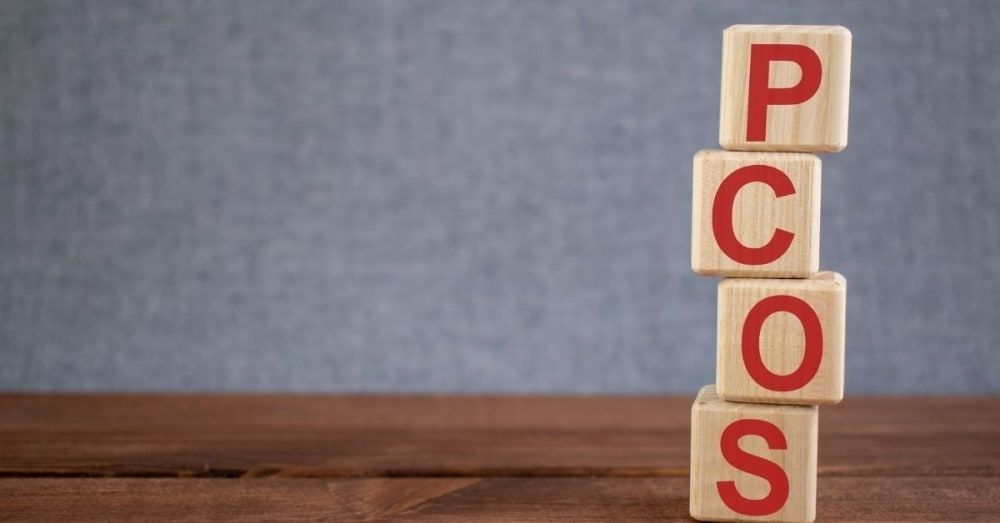Well, irregular menstrual cycles are not the only thing women with PCOS have to deal with. PCOS (Polycystic Ovary Syndrome) is a medical condition that affects the formation of hormones and insulin production in the body.
PCOS not only affects the ovulation process and ovaries, but it also disturbs the metabolic and endocrine system, which controls the hormones in the body. It can hamper the production of hormones like progesterone, estrogen, testosterone, and androgen.
Further, PCOS causes insulin resistance. Insulin resistance in PCOS can affect the patient adversely. In this condition, the body becomes resistant to the insulin produced in the body, as a result of which the pancreas has to produce an excess amount of insulin for the same function.
What is Insulin Resistance in PCOS?
The body produces a hormone called insulin to digest the sugar in the body, convert it into glucose, and help it reach the blood cells in the form of energy. When the cells in the body do not use insulin to convert the glucose into energy, that is called insulin resistance. In such a scenario, the sugar levels spike up. To make up for it, the pancreas produces more insulin.
When insulin resistance starts developing in the body due to PCOS; more amount of insulin is required to digest the same amount of sugar. The body cells lose their efficiency to utilize the insulin properly.
Major Cause of Insulin Resistance
The real cause behind how insulin resistance occurs in PCOS is still under research. However, it has been found that insulin resistance developed due to PCOS is the key cause behind raised insulin in the body.
Increased insulin may further push the ovaries to produce more androgen hormones, which may result in symptoms like abdominal fat, mood swings, inflammation and facial hair.
Furthermore, with polycystic ovary syndrome insulin resistance, the ability of the cells to use insulin reduces, leading to high sugar content in the blood and type two diabetes.
Signs of Insulin Resistance PCOS
The signs of insulin resistance among 65 to 70 per cent of women suffering from PCOS are evident in the form of heavy bleeding, painful menstruation and infertility. The high levels of insulin worsen these symptoms due to an increase in the production of testosterone. Some more insulin resistance PCOS symptoms include increased facial hair growth and weight gain in the waist areas. Dark skin patches around the waist, neck, armpits and groin region are common symptoms of PCOS.
Apart from this, other signs of insulin resistance PCOS, i.e. high insulin levels, lead to chronic conditions such as diabetes, hypertension, obesity and heart conditions. Also, the condition may lead to more cravings for carbs and sweets.
PCOS Insulin Resistance Symptoms
Insulin resistance symptoms vary from woman to woman. These symptoms are seldom observed in minor proportions. Some of these symptoms include -
- Craving for carbs, sweet and salty foods.
- Fatigue
- Skin darkening near the groin, hind side of neck and armpit areas.
- Frequent urge for urination.
- Increased hunger and thirst.
- Tingling sensation in hands and feet.
Consult your doctor for further procedures when you observe the PCOS insulin resistance symptoms.
PCOS Insulin Resistance Diet
In order to design a diet for PCOS insulin resistance diet, it becomes important to understand the underlying root cause of the condition. The diet for every person varies based on their lifestyle. That is why having a good amount of knowledge regarding the various nutrients we intake is essential.
Knowing about heart-healthy fats, proteins, and the right quantity and quality of carbohydrates is crucial to determine a diet for patients with PCOS insulin resistance. Pairing these three nutrients in the correct proportion is the key to a perfect diet. Some key points to remember when designing a diet for women suffering from signs of PCOS insulin resistance are listed below.
- Choose quality carbs such as whole grains, which help boost the dietary fibre amounts, thereby helping in glucose regulation.
- Consume lower amounts of carbohydrates to deal with the condition of insulin resistance.
Include the following items in your meal to reduce the glucose load on your body against the condition of PCOS insulin resistance.
- ¼ proportion with whole grains such as whole grain pasta, quinoa, brown rice, or multigrain bread.
- Vegetables
- Fruits
- Bit of heart-healthy fats such as Nut or Olive oils
- Lean proteins
Following this diet can help women suffering from the condition of PCOS insulin resistance by managing the symptoms.
Does Everyone with PCOS Have Insulin Resistance?
Every patient suffering from PCOS may not have an insulin resistance problem. If you observe a few symptoms of insulin resistance PCOS together with bad cramps, you should visit a gynecologist.
Blood Test for PCOS Insulin Resistance
A few tests can help determine if a PCOS patient has insulin resistance. The following tests can be useful in diagnosing insulin resistance PCOS symptoms.
- Fasting plasma glucose test
- Oral glucose tolerance test
- Hemoglobin A1c test
- 2-hour insulin glucose test
- HOMA-IR index
How Can You Reduce Insulin Resistance in PCOS?
There are mainly two treatments available for insulin resistance PCOS treatment;
- Lifestyle change- It includes adopting an active lifestyle, cutting down on junk food, trans-fat products and sugar, and incorporating high fibre and protein diet.
- Oral Contraceptives- There is no specific medicine for PCOS and insulin resistance. Many patients take the course of these hormonal tablets to take care of the symptoms.
However, you must consult your doctor before taking any medication.
Best Medication for Insulin Resistance in PCOS
Diabetic Medicine- Doctors may also recommend type 2 diabetes medicine, like Metformin, to treat high insulin and PCOS, as it enables the cells to use insulin in a better way.
Conclusion:
Insulin resistance in PCOS is a common issue, which can affect the patients both physically and emotionally. An insulin test for PCOS is the best way to diagnose it.
Many women suffer from this problem, but the majority of them ignore the symptoms till they are severe.
You may be suffering from insulin resistance and polycystic ovary syndrome and you may not even know it. Early detection and taking proper PCOS and insulin resistance treatment can help you recover from this condition at the earliest.
FAQs
Can Fasting Reverse Insulin Resistance?
Fasting helps in the diabetes reversal process. It helps in the reduction of the blood sugar level and promotes weight loss. However, fasting alone cannot prevent raised insulin from PCOS.
Is Keto Good for Insulin Resistance?
Keto diet may improve insulin sensitivity in people suffering from PCOS and insulin resistance. It reduces the calorie intake and blood sugar of the patients. Keto is regarded as the best diet for PCOS insulin resistance. However, there is no proof that this diet is sustainable.
Can I Eat Oatmeal if I Have Insulin Resistance?
Oatmeal has a large number of health benefits. It is a highly rated food that forms a part of PCOS insulin resistance diet. The high fibre content and low in calories promotes weight loss and reduces sugar level in blood.
Are Eggs Good for Insulin Resistance?
Eggs have a low amount of carbohydrates and are high in protein. It is a good diet for women suffering from high insulin and PCOS. However, eggs have a higher amount of cholesterol. So, it’s better to consult your physician before consuming it.












